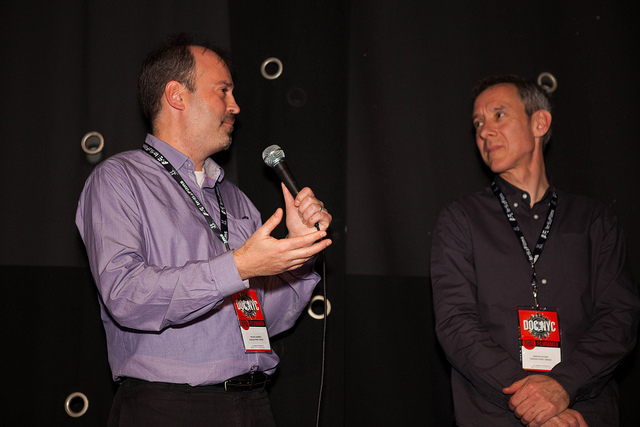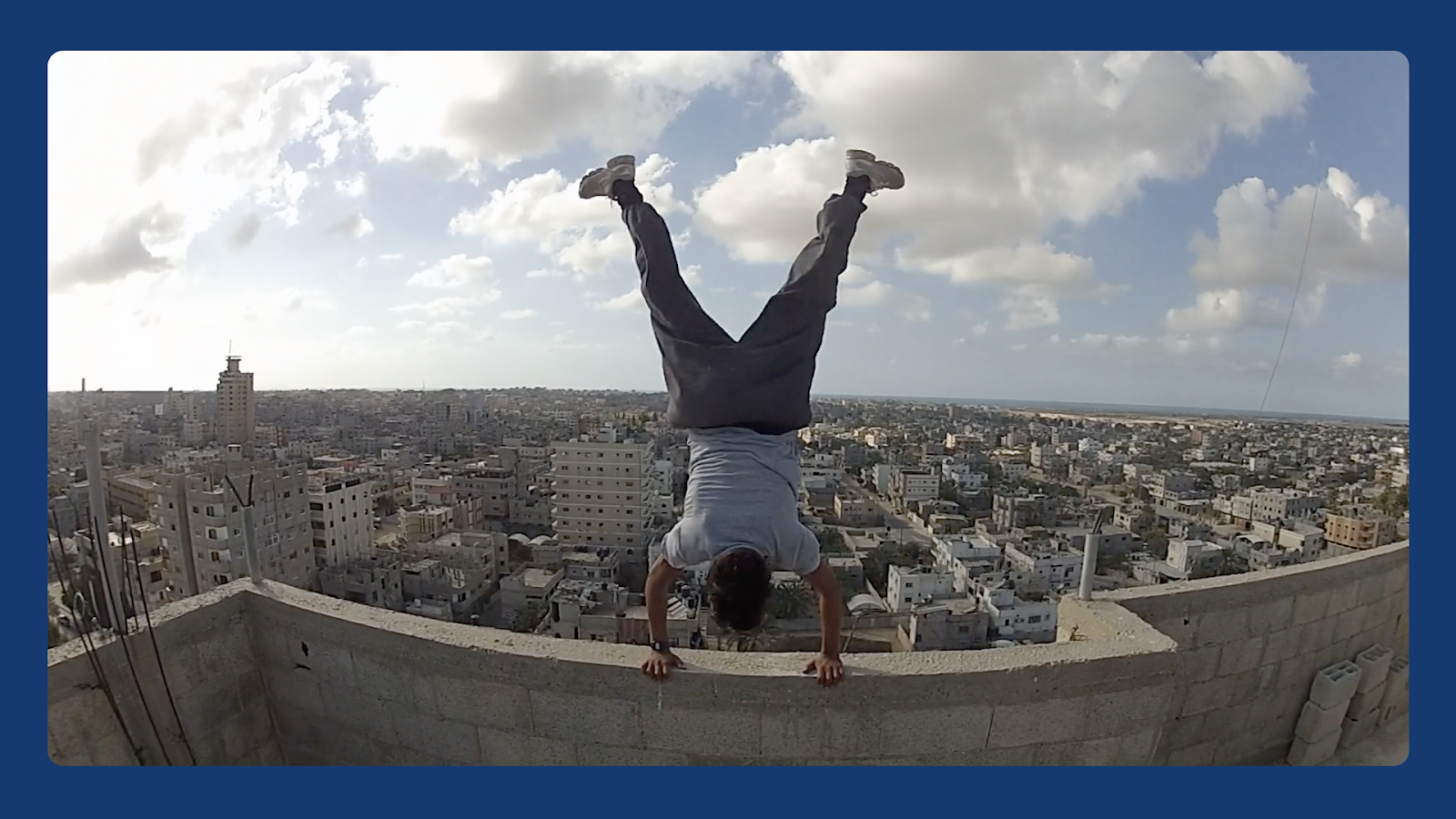The Harlem Street Singer: Taking it from the Church to the Block

This post was written by DOC NYC blogger Jess Gonzalez

There’s folk, there’s blues, there’s gospel—and then there’s Reverend Gary Davis. While you may not have ever heard of him, the roots of his influence run wide and deep in the soil of the blues and folk music we know today. That is the story at the center of HARLEM STREET SINGER, a film by Trevor Laurence and Simeon Hutner, which had its world premiere at DOC NYC on Sunday afternoon at the IFC Center.
Blind from infancy and raised in poverty, Davis spent the majority of his career preaching in storefront churches, giving guitar lessons, and performing on the streets of Durham, North Carolina, and New York City. God, he’d said, taught him to play the guitar. It wasn’t until the folk revival movement of the 1960s that younger musicians took notice and began covering his songs. From there, his career was finally able to flourish, carrying him comfortably through the last decade of his life until he passed away in 1972.
Davis wasn’t just known for his incredible technical skills—he could coax the sound of an entire string band out of one old guitar without breaking a sweat—but also for his generosity in sharing them. Many musicians credit Davis as a significant influence and mentor in their musical upbringing, including Bob Weir, Jorma Kaukonen, David Bromberg, Stefan Grossman, and HARLEM STREET SINGER’s co-producer, Woody Mann.
In addition to Laurence and Hutner, Mann was also present at Sunday’s screening and was able to share his perspective on Davis as someone who not only knew the reverend but also flourished under his tutelage.
“He never complained,” Mann said. “As poor as he was, there was never a complaint, never a bitterness. He wasn’t a musician who wanted more recognition—he was just happy with what he had.”
HARLEM STREET SINGER is comprised of interviews with Davis’ disciples and rare performance footage, as well as a few Davis-inspired jam sessions by Mann, Bill Sims Jr., David Keyes, and Brian Glassman. It was during these performances that the musicians’ adoration of Davis truly shone through, infusing the music with reverence and drawing frequent yelps and applause from the audience.
“I’m wondering how many of you are here because you had seen Gary Davis play in the village and you wanted to come back and see him again,” asked Q&A moderator Adam Schartoff. Several audience members raised their hands, smiles wide with the satisfaction of having gotten just one more finger-snapping, foot-stomping evening with the Reverend.
Jess Gonzalez is a writer and serial film festival volunteer from across the Hudson River.

